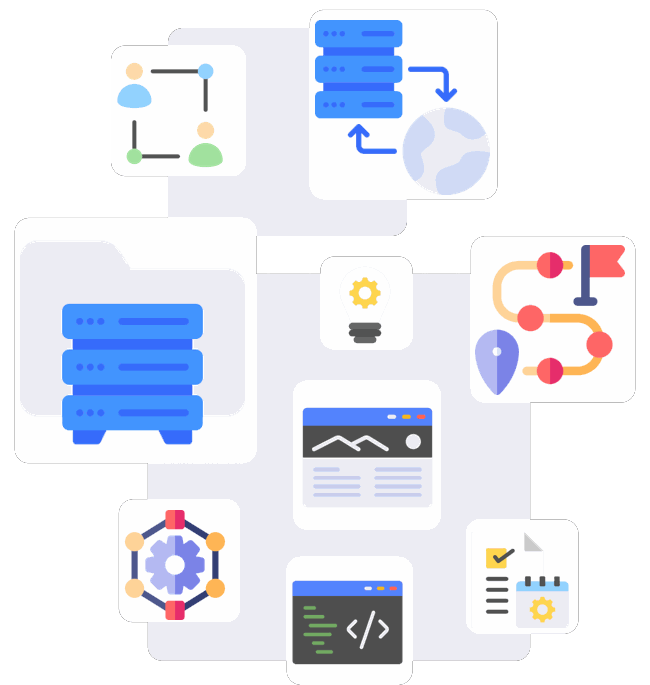Gradle
Gradle is a tool for automating the build, testing, deployment, and packaging of software projects, widely used in the Android development environment. It combines the best practices and characteristics from other build tools, offering a balance between performance and flexibility.

Available specialists
Technical Aspects and Capabilities
Declarative Syntax
Gradle uses a declarative syntax, which allows for clear and concise description of project requirements.
Dependency Management
Flexible dependency management, allowing for easy integration of various libraries and modules.
Plugins and Extensions
The ability to extend functionality with plugins.
Incremental Build
Incremental builds to accelerate the development process.
Advantages and Disadvantages of Gradle
Flexibility and powerful dependency management system.
Support for multiple languages and platforms.
Wide selection of plugins and integrations.
Can be complex for beginners due to the extensive set of features.
Build time may increase with the growth of the project size.
Tips for working with Gradle
Organization of modular structure
It is recommended to organize the project with a modular structure to simplify management and scaling.
Optimization of scripts
It is recommended to optimize build scripts to minimize build time.
Version control
It is recommended to use version control systems for efficient management of source code.
Contact Us
If you are ready to learn more about how our expert knowledge in Gradle can become your strategic advantage, leave us a message. We are looking forward to the opportunity to work with you!
Let's get started
Please leave your contacts, and we will get in touch with you within one business day.

